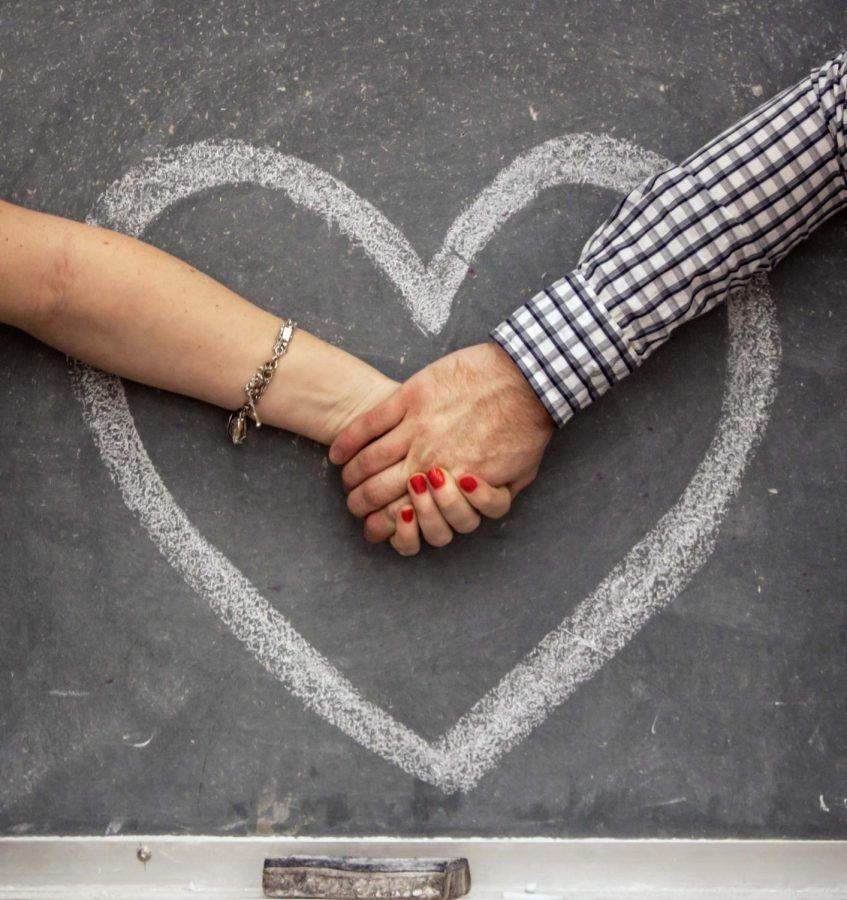Hot for teacher
February 14, 2013
Many professors and students are eager to weigh in on the appropriateness of staff-student relationships.
According to the UNA staff policy manual, staff-student relationships are not forbidden but heavily discouraged.
David Shields, vice president of student affairs, expressed the meaning of the handbook in his own words to clarify to students what UNA expects.
“Essentially, the policy is very clear,” he said. “The handbook discourages relationships in general, especially in cases where there is a supervisory position, because one could exert unfairness. When this type of relationship does happen, the staff member needs to inform his direct supervisor immediately.”
John Wakefield, a UNA professor of education, met his wife of 27 years while he was a professor and she was a UNA student.
“My wife and I went on our first date the night of her graduation,” Wakefield said.
He said they did not break handbook policies, and Wakefield maintains that good things come to those who wait.
Being a professor of human growth and development, Wakefield said he sees potential behavioral issues between students and professors, so he agrees with the UNA policies.
“Our handbook rules are entirely appropriate,” he said. “Among students, you have all forms of identity issues and different levels of maturity. When younger people are sorting out life, they may not develop their individual beliefs if they are involved with an older professor.”
Wakefield expressed his concern with the problem of secrecy and its effects on other students in the classroom.
“Many times the two people try to keep the relationship a secret, but people will always find out,” he said. “When they do, they will wonder what other secrets are being kept. Is there an exchange being made for a higher grade? This undermines the learning environment.”
Shields said he agrees with Wakefield’s theory that these relationships have a negative social effect.
“Even if the student in the relationship is the best student in the class, other students will not see it like that,” he said. “Other students will resent the student and the professor in the relationship.”
Gabriella Carrasco, a UNA psychology professor, agrees with Wakefield for the most part.
“Typically, I don’t like to put rules on people,” she said. “Professors are adults, and they are capable of making their own decisions, but I think that the way that the handbook handles the topic is appropriate.”
Carrasco said most students are not ready for relationships with professors, based on her experience.
“Relationships always have an element of intrinsic power, especially in relationships where the professor has direct authority over the student,” Carrasco said. “However, if there are students who can handle it appropriately, the handbook allows room for that. I would never consider dating a student — at least none that I’ve met so far.”
Many students agree with the professors’ opinions of student-professor relationships.
Michael Thaxton, a junior at UNA, said he sees these relationships as inappropriate. He agrees with Wakefield and Shields that they could have a negative effect in the classroom.
“I think that student-professor relationships are definitely not a good idea,” he said. “It would be extremely difficult to maintain a professional relationship alongside whatever their romantic relationship entailed; the professor would no longer be an impartial judge of work quality, which would, in the end, be detrimental to the education of the student and their peers.”
In contrast to Thaxton, UNA student Amanda Cainsaid she doesn’t see it as a huge issue. She thinks the relationship can be managed if there is not a conflict of interest.
“As long as the professor the student is dating isn’t their current professor, it isn’t inappropriate,” she said. “But if the student is dating a current professor they are taking, I see it as very inappropriate.”












